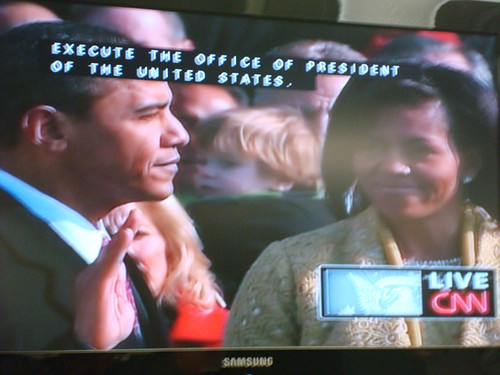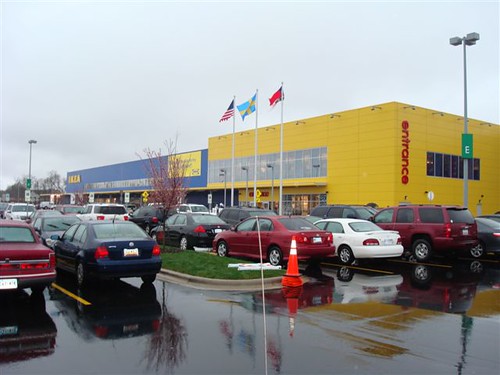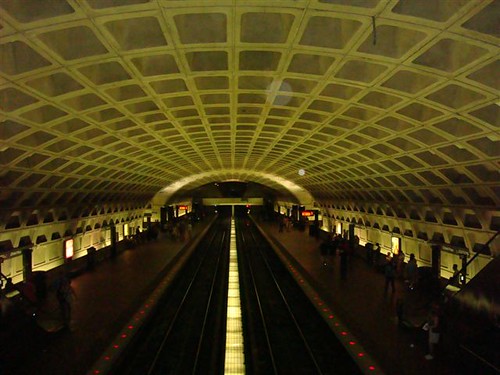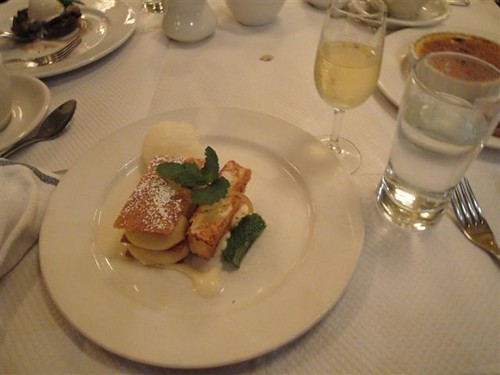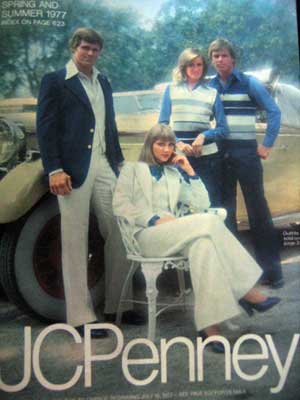 Sam Witcher can look back on eight decades of growing tobacco in Franklin County.By Ruth L. Tisdale | ruth.tisdale@roanoke.com | 981-3149
Sam Witcher can look back on eight decades of growing tobacco in Franklin County.By Ruth L. Tisdale | ruth.tisdale@roanoke.com | 981-3149
Sunday, October 07, 2007SNOW CREEK, Va. -- Rip. Snap.
The sounds of tobacco leaves being ripped from a stalk have defined 88-year-old Sam Witcher.
He heard it growing up in the Snow Creek area of southeast Franklin County in the 1930s while his mother washed clothes for others.
He made the sounds when as a 15-year-old boy he pulled the leaves from the plants as a sharecropper to put food on the table for his family.
The sounds grew louder as he bought more and more farmland in Franklin County and Henry County until he owned nearly 1,000 acres.
But although others have sold farms to developers to pay for a better life, Witcher has kept all of the land for himself and his family.
"I didn't want to sell the land," said Witcher, standing outside his home on a 90-degree August afternoon. "I figured my children or their children would make use of it one day."
Humble beginningsHigher education was not an option for Witcher growing up in the 1930s.
With state-sanctioned racial segregation at an all-time high in rural Virginia, Witcher said his only option was the tobacco fields.
"The buses weren't coming around back then to pick up blacks," Witcher said. "You had to walk five or 10 miles just to get on the bus. We couldn't go to school like the whites."
But segregation wasn't the only motivation for Witcher to pull tobacco.
Torn apart from his brothers and sisters after his mother lost her job, Witcher was forced to be the man of the house at age 14 and dropped out of school in the seventh grade.
"We stayed with relatives for a while," Witcher said. "Times were hard back then. We just did what everyone else did. We pulled tobacco."
Pulling tobacco as a black sharecropper didn't bring in as much income as it did for Witcher's white counterparts, however.
Witcher said he made just 10 cents a day pulling tobacco, making it nearly impossible to buy land of his own.
"They made the quota higher for us than they did the whites," he said. "You had to plant other things just to survive."
Buying landBut Witcher's fortunes began to change in the 1960s. He was able to buy his own land when more and more farmers gave it up for more lucrative jobs in manufacturing plants in Danville and Martinsville.
"There was a time when everyone grew a little bit of tobacco on their land to keep ahead," he said. "But when the manufacturing jobs started coming in, they started moving off their farms and they were selling the land at cheap prices, so I bought it."
Witcher's other endeavors also increased his land holdings.
In addition to growing tobacco, Witcher had a dairy farm, and raised beef cattle. He also grew hay.
Witcher said his late wife, Elsie Warren Witcher, who was a minister at two churches in the area, kept track of all of the expenses of the household as well as the expenses of the business.
"She knew where everything was," he said. "She kept everything going."
Family affairAs his farms grew, Witcher began using his 11 children to help pull tobacco.
"We just had 10 acres at first," he said. "That was good back then. But we would get the girls out there to pull the tobacco, and when the boys got old enough, they would pull it."
Darlene Swain, one of Witcher's daughters, said she remembers pulling tobacco in the morning before going to school and again after coming home.
"There were six girls before there were any boys," Swain said. "Daddy used to always joke that he wouldn't have any boys to help him. We girls were happy when he finally got his boys."
Out of Witcher's four sons, three have continued on in the family tradition, with all three owning more than 400 acres of land each in Franklin County. None of his seven daughters has gone into farming.
Elvis Witcher, one of Sam Witcher's youngest sons, has taken over much of the land that his father used to farm in addition to the nearly 400 acres he owns.
With work boots covered with red Virginia soil and sweat pouring from his brow from bending low to rip tobacco leaves from their stalk, Elvis Witcher said his father's land still produces more than 450,000 pounds of flue-cured tobacco a year.
Witcher said the amount of work to be done to his father's land is so much that they have to hire 20 men to help with the planting and the harvest, which ends in early November.
"We have had only one year where we didn't have a crop, and that was in 2003, when there was a flood," Witcher said.
Witcher said the family hasn't had to take out any loans for machinery and didn't take a buyout from the government. In 2004 the federal government offered such buyouts as part of the end of the federal tobacco-quota program, which regulated where tobacco could be grown and the prices for which it could be sold.
"We've been lucky," Witcher said.
A dying breedThe Witcher family success is a rarity among black farmers nationwide, said John Boyd, president of the National Black Farmers Association.
"Black tobacco farmers are becoming extinct at an alarming rate," Boyd said. "They just don't have the capital to compete in today's industry. They are losing land and are being wiped out."
At the beginning of the 1900s, black farmers owned more than 15 million acres of land; today they own fewer than 3 million, Boyd said.
The number of black farmers also has decreased by 50 percent in the past 25 years, and there is only one other black family in Franklin County that raises tobacco, Boyd said.
Blacks own just 1 percent of all farms, with the number of black-owned farms dropping from 54,367 in 1982 to 29,090 in 2002, according to documents obtained by the Environmental Working Group, a watchdog organization that documents discrimination against black farmers.
Boyd said that while 60 percent of the 11,000 tobacco members in his organization took the 2004 tobacco buyout, the rest did not know about it, and many have since sold their farms.
"Many of these people do not have telephones; some don't even have inside toilets," Boyd said. "It's hard to expect them to go on the Internet and find out this type of information."
Blake Brown, a tobacco economist, said that even those who took money from the 2004 federal buyout have had problems financially.
"It is a free market now with buying tobacco," Brown said. "Many of these small farms don't have the land or the capital to keep up with these bigger manufacturers. All of the African-American farms fall into this category."
Boyd said the disappearance of black farms has a lot to do with discrimination against black farmers.
Boyd's claims are supported by a February 1997 U.S. Department of Agriculture report that found when minority farmers applied for loans, they were mistreated and that some complaints filed about the mistreatment went missing.
"Many times black farmers get loans late if they get them at all," Boyd said. "To a farmer, not being able to start planting on time puts you behind other farmers. Black farmers won't report it, because many of the people they report it to are the ones doing the discriminating."
Boyd said for a family such as Witcher's to have long-lasting success in the farming business is an accomplishment.
"With everything that's going on, it shows a tremendous amount of dedication and strength to survive and last this long," he said.
The next generationBut Sam Witcher doesn't feel that way.
On his porch in September, Witcher stood and looked over his 200-acre homeplace.
He saw the idle tobacco barns that he used to cure tobacco and make it ready for the market.
He observed the fields that once touted rows upon rows of tobacco but are now just used to produce hay.
He remembered the day when his wife, Elsie, suddenly died of a heart attack in 2000 and the years that followed when gradually he tilled fewer and fewer of the tobacco fields on his homeplace.
With a tearful eye, Witcher said he doesn't feel like the same farmer he once was.
"I don't know why you all want to do a story on me," Witcher said. "Everything around me is dead."
But a smile and then a laugh arose from his lips when discussion came to his children and the way they care for him.
"They come by and see about me all the time," Witcher said. "I didn't want so many girls at first, but I'm glad I have them now."
Witcher said he had thought about selling his land, which has become prime real estate with the burst of growth at Smith Mountain Lake, but decided to keep it, and the sounds of tobacco harvests past and future, for his family.
"Daddy always said that he was going to keep the land so his family would always have a place to live," Swain said. "No matter how far we go, we would always have some place to call home."
